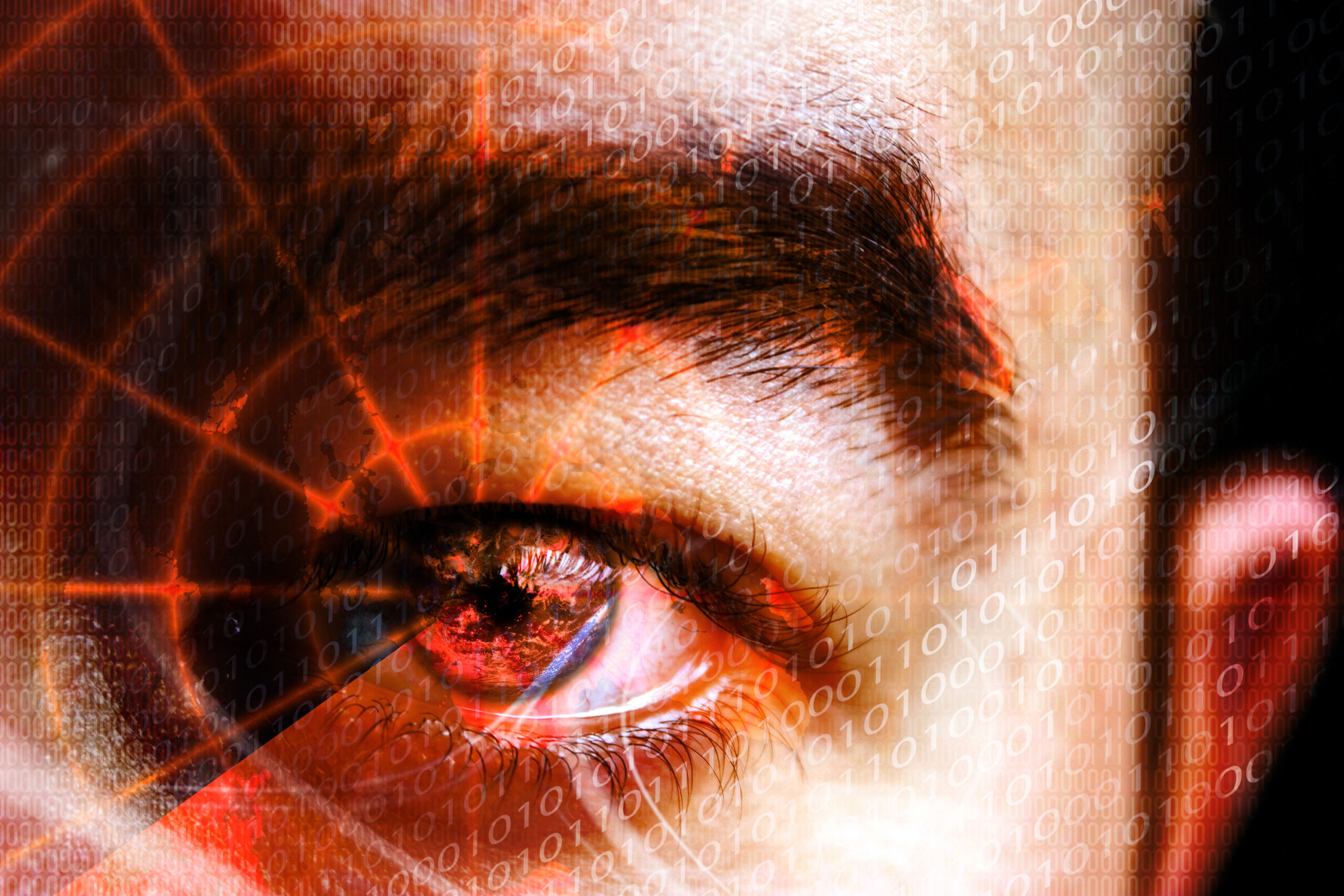In today’s digital age, cybersecurity and privacy are more important than ever. With the increasing amount of sensitive information being shared online, it’s crucial that we take steps to protect ourselves from potential threats. In this blog post, we’ll explore five key tips for improving your cybersecurity and safeguarding your digital identity.
1. Introduction to Cybersecurity and Privacy
Cybersecurity refers to the practice of protecting computer systems, networks, and other devices from unauthorized access or attack. This includes measures taken to prevent hacking, phishing scams, malware infections, and other types of security breaches. Privacy, on the other hand, relates to an individual’s right to control their personal data and how it is used by others. Both cybersecurity and privacy are essential components of maintaining a safe and secure online experience.
2. Common Threats and Vulnerabilities
There are many different types of cybersecurity threats and vulnerabilities that individuals should be aware of. Some common examples include:
Phishing attacks: These occur when criminals send fraudulent emails or messages designed to trick users into revealing sensitive information such as passwords or credit card numbers.
Malware: Short for “malicious software,” malware refers to any type of program or code designed to harm or exploit a computer system. Examples include viruses, worms, Trojan horses, and ransomware.
Social engineering: This involves manipulating people into performing actions they wouldn’t normally do, often through deception or coercion. For example, a hacker might call someone posing as a tech support representative and ask them to provide login credentials.

3. Best Practices for Online Security
To help protect yourself against these and other cyberthreats, there are several best practices you can follow:
Use strong passwords: Avoid using easily guessable passwords like “password” or “123456.” Instead, use complex combinations of letters, numbers, and symbols that are difficult to crack.
Keep software up to date: Regularly update your operating system, web browsers, and other software applications to ensure they have the latest security patches installed.
Be cautious with email attachments: Never open suspicious email attachments or click on links from unknown sources. Even if an attachment appears legitimate, it could contain malware or other malicious code.
Use two-factor authentication: Two-factor authentication adds an extra layer of protection to your accounts by requiring a second form of verification (such as a fingerprint or one-time password) in addition to your username and password.
4. Importance of Strong Passwords
Strong passwords play a critical role in keeping your online accounts secure. Here are some reasons why:
They make it harder for hackers to gain access to your accounts: If you use weak or easily guessable passwords, it makes it easier for hackers to break into your accounts and steal your personal information.
They reduce the risk of data breaches: When companies get hacked, it’s usually because their employees were using weak passwords that were easy to crack. By using strong passwords, you can minimize the chances of your personal information being compromised in a data breach.
They protect your financial assets: Many people store sensitive financial information online, including bank account details and credit card numbers. Using strong passwords helps keep this information out of reach of would-be thieves.
5. How to Stay Safe on Social Media
Social media platforms are great for connecting with friends and family, but they also come with certain risks. Here are some ways to stay safe while using social media:
Don’t share too much personal information: While it may be tempting to share every detail of your life on social media, doing so can put you at risk of identity theft or stalking. Limit the amount of personal information you share online, especially anything related to your finances or location.
Set your privacy settings: Most social media platforms allow you to customize your privacy settings, which means you can choose who sees what you post. Take advantage of these features to limit visibility of your posts to only trusted contacts.
Beware of fake profiles: Criminals sometimes create fake profiles on social media to lure unsuspecting victims into sharing personal information or sending money. Always verify the authenticity of anyone you communicate with online before providing any sensitive information.
Conclusion
By following these simple tips, you can significantly improve your cybersecurity and protect your digital identity from potential threats. Remember, taking proactive steps to safeguard your online safety is always better than waiting until after something bad has happened.